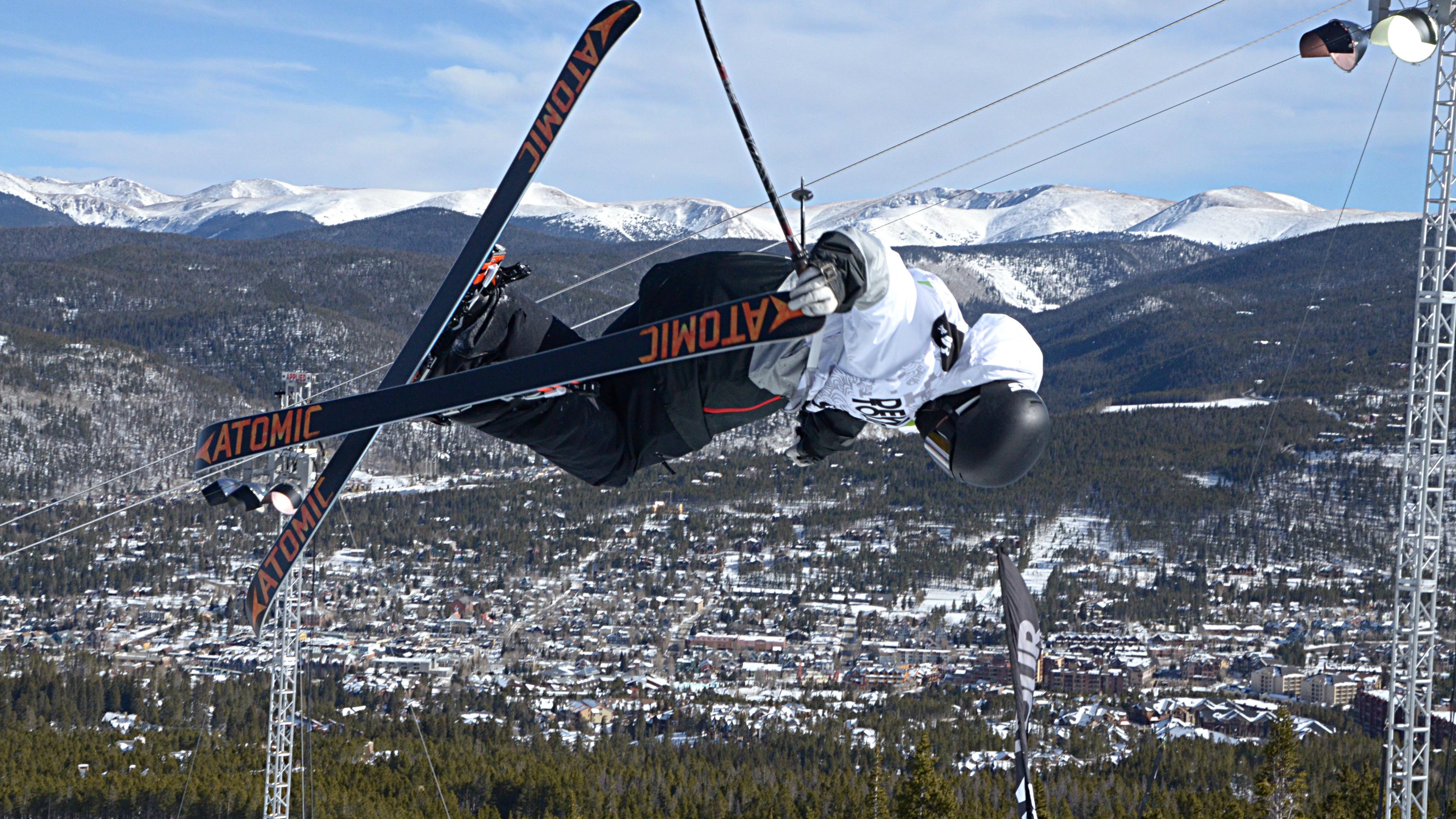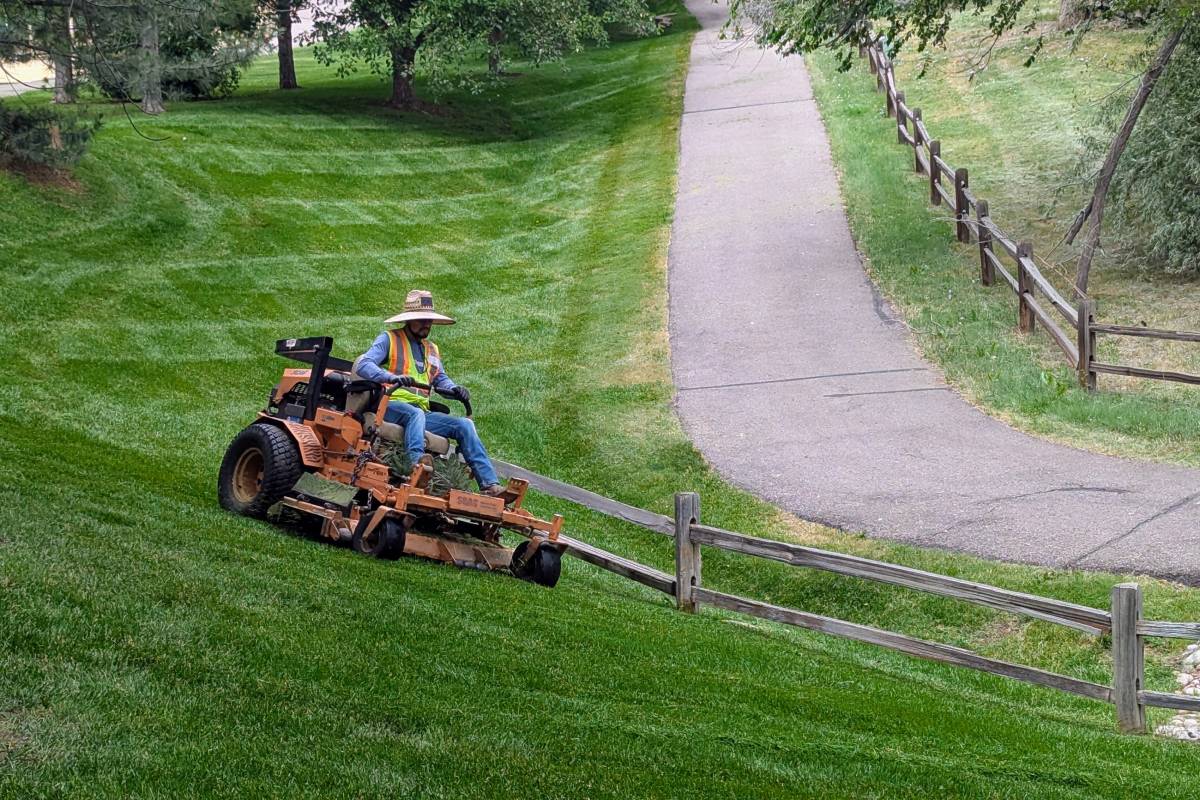
Last week we reported about the rise in freeskiing among casual skiers in the U.S. and the shift away from traditional downhill skiing towards backcountry, tree-skiing and tricks.
Well, in a few months, two freeskiing events will debut in the Sochi Olympics featuring skiers who will compete in the super pipe and slopestyle events that offer a mix of jumps, rails and other obstacles.
These are an evolution of events like mogul skiing and inverted aerials that have been in the Olympics much longer, according to Vail Ski and Snowboard Club’s Elana Chase, who is coaching a lot of the top skiers competing to make the team in Sochi.
"When I did inverted aerials, I only had to do one trick at a time," Chase says. "It was a super-hard trick but at this point in freeskiing and halfpipe they're doing that one trick and then doing six more right after it."
Chase also says as someone who participated in this sport in a previous version, it's "mind-blowing what these kids are doing."
One of those "kids" is Aaron Blunck, who says his parents put him on skis when he was 18 months old in Crested Butte.
"And just being a high-energy kid, I was always looking for things to jump off of, try to do spins and stuff, and from there, I got into park and pipe skiing, because my dad was like, he’s pretty good at this!" Blunck says. "And it all kind of started from there."
Chase told Colorado Public Radio's Lesley McClurg that a lot of the competitors are young, like Blunck, who is 17 and still in high school.
Chase talked about the challenges of coaching a sport that is getting more attention for the dangers it can pose to the athletes.
Freeski pioneer Sarah Burke died two years ago after falling doing a routine trick in the halfpipe, and this weekend in Breckenridge, two Olympic hopefulls, Simon Dumont and Chase's trainee Torin Yater-Wallace, suffered injuries.
"The injuries in our sport aren't uncommon to the skiing and snowboarding industry as a whole," Chase says. "I only encourage them to do calculated risk."
As a coach, Chase points out that, at the end of the day, she has to answer to somebody -- and if it's no one else, herself.
"I think of their parents and if I had to meet up with them at the bottom of the run and their son or daughter is in a toboggan what do I say to them?" Chase says.
One key is encouraging the athletes to practice tricks on water and trampolines before doing the tricks on snow.
Blunck and the other competitors faced off in Breckenridge this weekend at the Dew Tour and will be traveling to Copper Mountain next weekend for the Grand Prix, a qualifying event for the Olympic Winter Games, which start in March 2014.
Chase believes each of the athletes has a chance to win.
"There's going to be a Cinderella story at the Olympics and there's going to be a heartbreak story," Chase says. "It's just part of the reason people tune into watch -- and I hope there's more Cinderalla stories coming from my crew than the latter."









